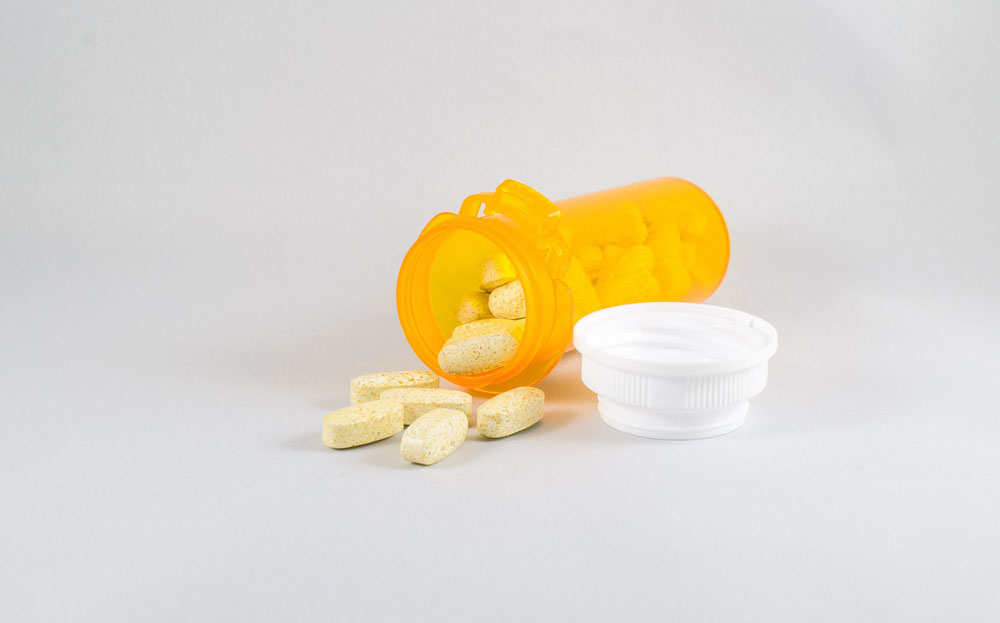Posted By:
Denise Clark
Category:
Intravenous Therapy
A recently published study showed significant improvement in symptoms and immune function in a small group of people diagnosed and being treated for Lyme disease. This is groundbreaking since very few studies are conducted on natural treatments for Lyme disease and the symptoms of the disease can be debilitating. Lyme disease is caused by the spirochete, Borrelia Burgdorferi (B. burgdorferi) and tick-borne illness is rapidly increasing world-wide with over 400,000 new cases reported yearly in the US. As many as 50% of those treated with a standard protocol of antibiotics report persistent or recurrent symptoms six months after the end of treatment. Herbal remedies can be very effective treatment due to their anti-inflammatory, antimicrobial, and immune-boosting properties. However, very few studies exist on the specific action of herbal remedies against B. Burgdorferi. The Complexity of Lyme Disease To get a better understanding of the spirochete and how it affects the human body, a group of researchers deciphered its genome. They thought the project would only take days, but instead it took them years due to its complexity. The Borrelia spirochete is composed of one chromosome, however that chromosome is shredded, meaning it is made up of 20 or more plasmids—small...






